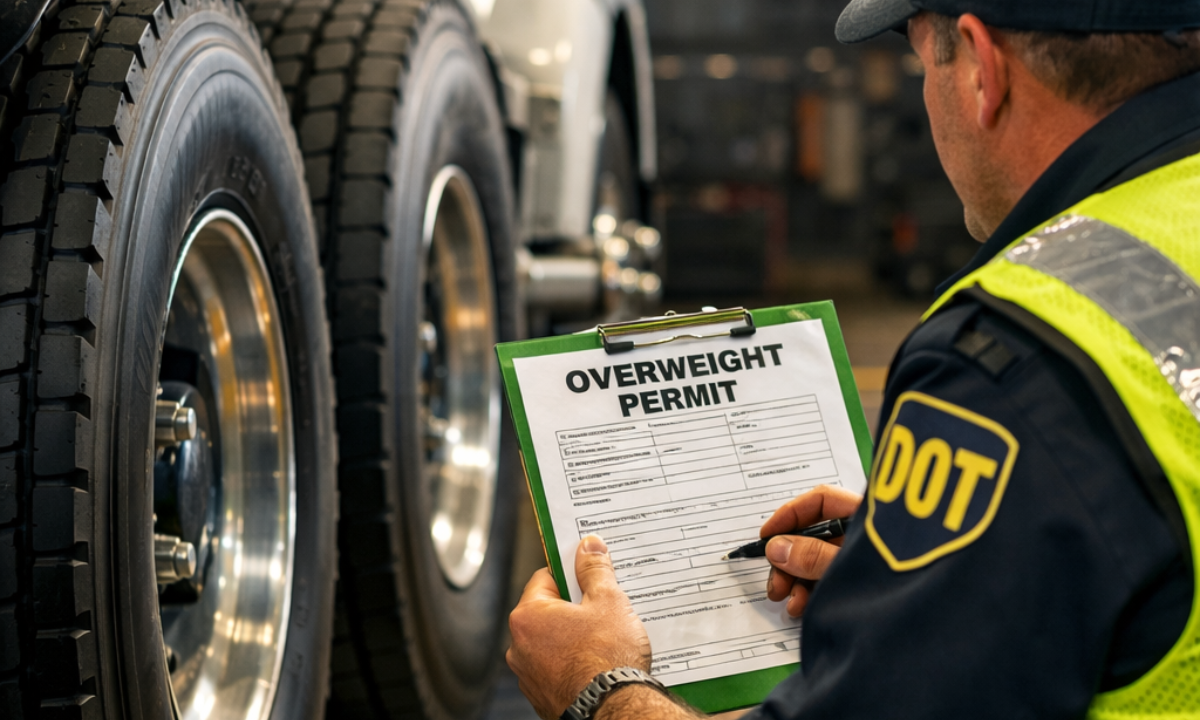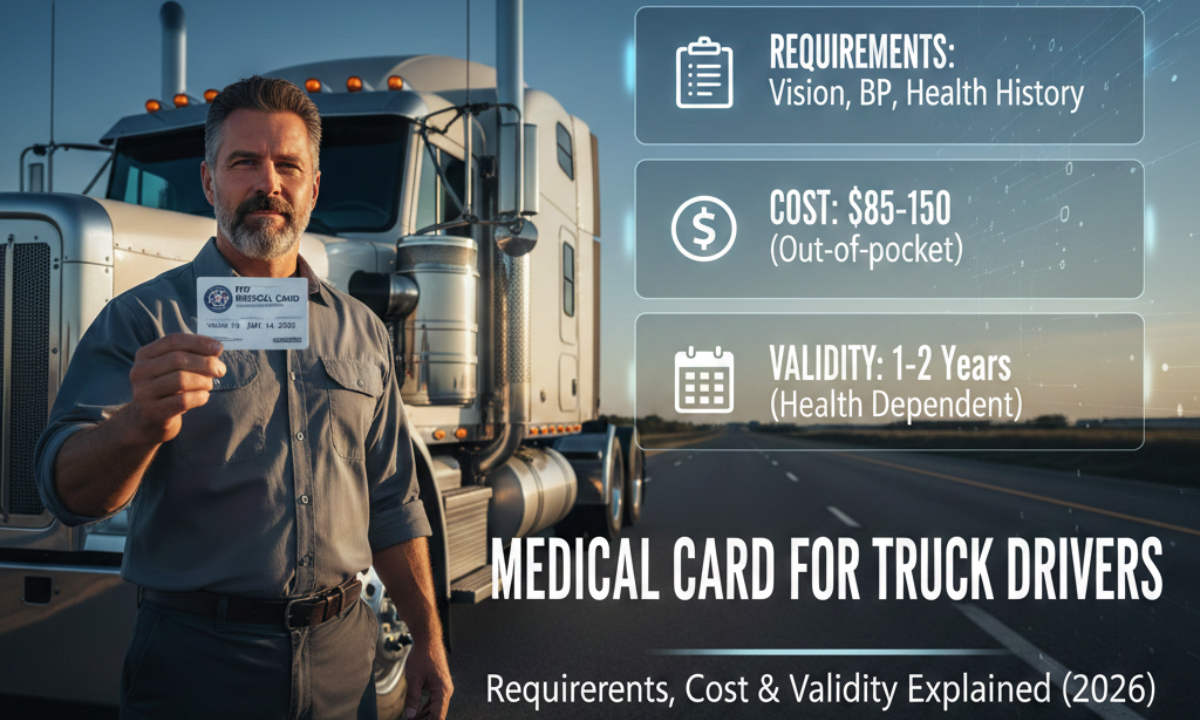How often do companies pay drivers?
When Do Trucking Companies Pay Their Drivers?
One of the most pressing concerns for both novice and professional truck drivers is salary schedules. It is vital to understand how often a company pays its drivers because it directly impacts budgeting, sustained financial viability, and an overall sense of well-being regarding the job. Different carriers may maintain different policies for payment schedules, and that may in turn depend upon the type of driver involved-whether company driver, owner-operator, or independent contractor.
There Are Various Pay Schedules Mainly Found in Trucking Industries
Weekly Pay
This is the widely accepted type of pay schedule in trucking. Many carriers provide weekly payrolls so that drivers can rely on a steady source of income. This way, their budgets can accommodate expenses for living, gas, food, and bills without waiting for very long after the delivery of paychecks.
Bi-weekly Pay
Some firms that do employ bi-weekly sets are once in two weeks for their truck drivers. Although such schedules would result in sizable checks, it could be a taxing one for the drivers who depend on a certain cash flow on a daily basis.
Monthly Pay
A fraction of companies will pay drivers once a month. Such would be rare in the trucking industry in the United States but might be witnessed in specialized freight operations or contracts with smaller fleets. When a driver gets paid monthly, they will have to be budgeting very well for extreme cases of waiting for eight weeks before paydays set in.
Reasons Pay Schedule Is Influenced
Carrier Size and Payroll Systems
The bigger the carrier, the better established the payroll system, which allows for a week to week pay style. Smaller fleets may elect bi-weekly or monthly depending on what suits their accounting procedures.
Driver Type
- Company Drivers are generally weekly or bi-weekly, subject to company policy.
- Owner-operators may be paid per load or in accordance with terms negotiated with either their carrier or broker.
- Independent Contractors typically receive payment either on a per-trip or settlement basis, depending on agreements made with shippers or dispatchers.
Freight Type and Contracts
Some freight contracts, particularly those involving specialized hauling, might stipulate differing pay schedules. For illustration, dedicated or long-term contracts might provide for bi-weekly settlements while short-haul or expedited freight might allow for quicker payment options.
Emerging Trends in Driver Pay
Same-Day or Next-Day Pay
New technology for payroll services and digital trucking platforms are enabling a growing number of companies to experiment with instant pay. Quick pay or on-demand pay allows drivers’ earnings to be available for payout once loads are delivered and verified.
Payment on Load Basis
Among other things, owner-operators and independent drivers do prefer payment on a per-load basis instead of waiting for fixed payroll cycles. This system enhances turnaround speed and flexibility; however, it strongly demands bookkeeping and financial skills necessary for this model.
Importance of Pay Frequency
Such expenses as fuels, food, maintenance, and other expenses that somehow bring time which is away from home are unique to the trucking lifestyle. In an effort to afford these costs without stress, truck drivers will appreciate pay cycles that are frequent. On their part, less frequent pay cycles may require that utmost care and control be put upon budgeting, but will harvest lump-sum payments.
The pay schedules that are competently structured and highly functional will, at the end, keep those drivers who opt to stay under these companies loyal to them. Companies that do not deliver to driver expectations as far as pay schedule realization is concerned find it more impossible to retain their drivers.
Conclusion
In the trucking business, weekly pay is the accepted practice. Each company can decide its own policies concerning pay schedules and pay periods, based on contract terms and driver types. As newer digital approaches are introduced, the demand for immediate and expedited options for payment has grown significantly. Companies are now providing instant pay, quick payment settlements, and pay-per-load options, giving drivers control over how and when they receive payment for work completed.
Disclaimer: The information provided in this blog post is for general informational purposes only. While we strive to keep the content accurate and up to date, we do not guarantee its completeness, reliability, or accuracy. Any actions you take based on this information are strictly at your own risk. We are not responsible for any losses, damages, or inconveniences that may arise from the use of this blog.












